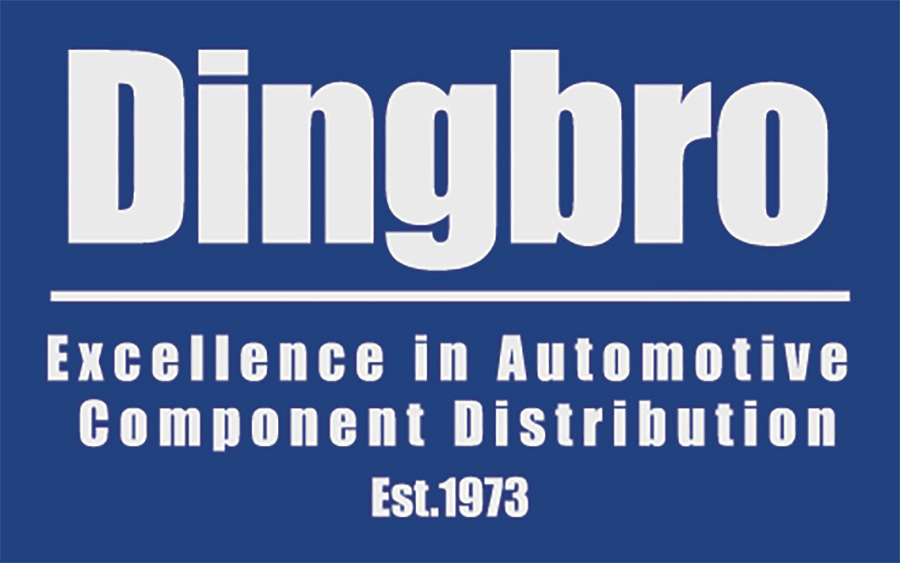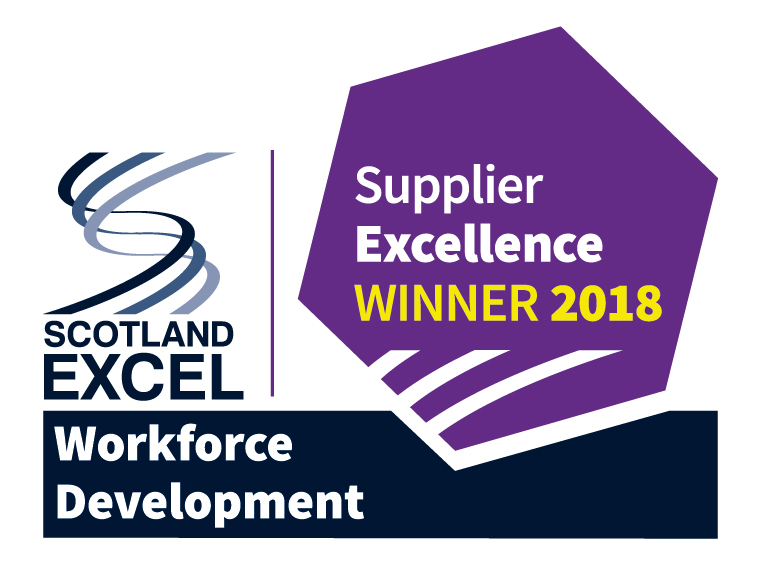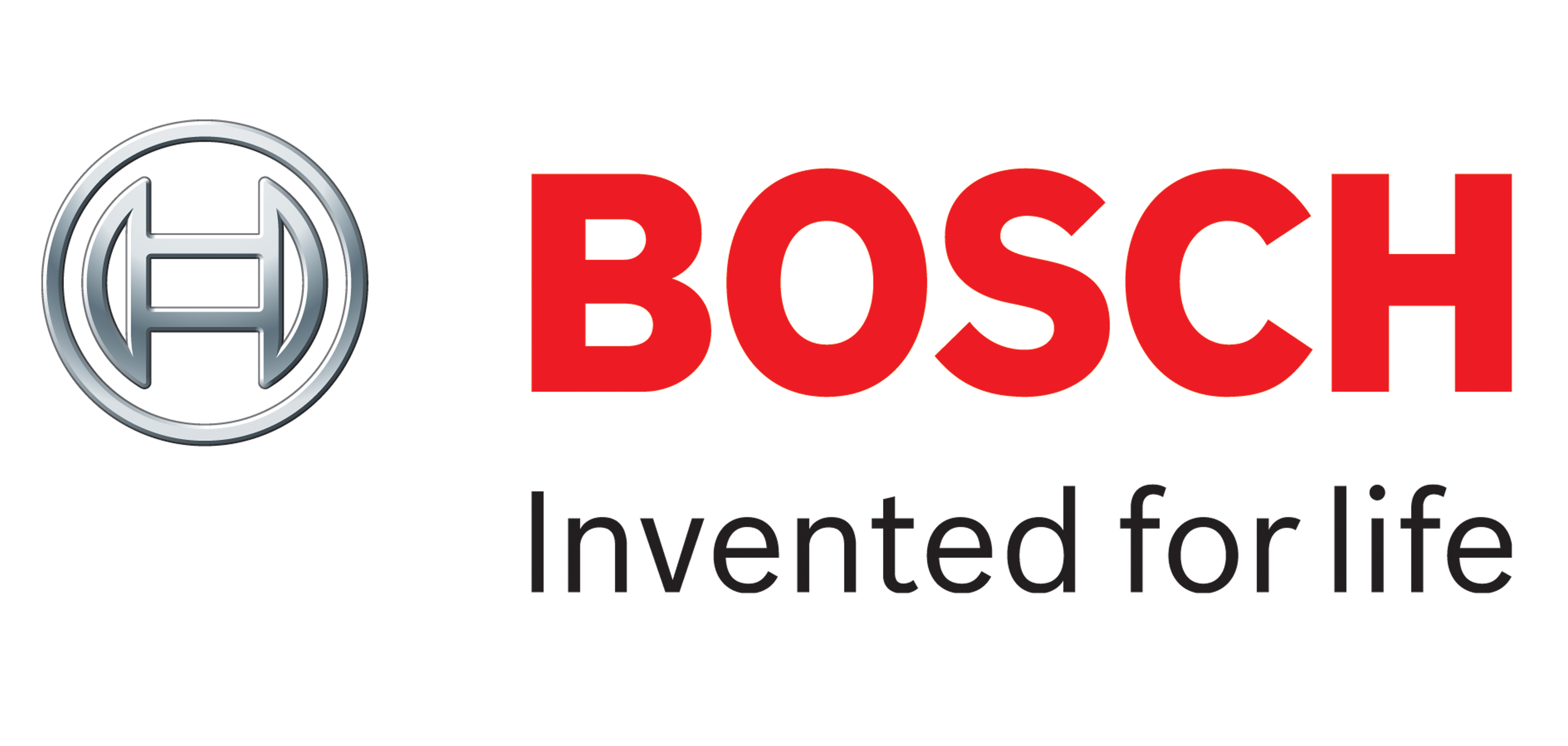TAX STRATEGY
INTRODUCTION
This document sets out the Tax Strategy of Dingbro Limited for the year ended 30 September 2025 in accordance with Finance Act 2016, Schedule 19 paragraph 16 (2). The strategy refers to all UK taxes applicable to the Company and has been approved by the Board of Directors.
GOVERNANCE IN RELATION TO UK TAXATION
The Board of Directors has the ultimate responsibility for the publication of the UKs tax strategy and governance. Responsibility for UK tax policies and procedures is delegated to the Financial Controller.
The Financial Controller is responsible for ensuring that there are policies and procedures in place to manage the Companys UK taxation responsibilities.
The Company has policies and controls in place which have been communicated to relevant members of the team to ensure that they have the tools available to allow them to fulfil their roles.
The Financial Controller reports to the Board on material tax matters.
The Financial Controller is supported by the finance team who are qualified and trained for their specific roles. The Financial Controller and the finance team are therefore most suitably placed to identify any issues which may have an impact on the Companys UK taxation responsibilities.
The Financial Controller and the finance team ensure that their tax knowledge is kept up to date through appropriate training and also through discussions with their external tax advisers.
The Company uses external tax advisers for advice and support in relation to its UK taxes to help ensure that the Company is fully compliant with its UK taxation responsibilities.
The Company is compliant with the relevant Transfer Pricing legislation to ensure that all transactions with connected parties are carried out on an arms length basis.
MANAGEMENT OF UK TAX RISK
The Company regularly reviews and assesses its controls, procedures, and processes in place to identify any potential areas of weakness and looks to address and rectify these areas as soon as possible.
These policies and procedures are consulted and considered when the Company is considering any transactions which could have a tax impact.
The Company regularly seeks advice and confirmation from external advisers on routine tax matters as well as on commercial transactions to ensure that the tax implications and reporting obligations arising from a potential transaction are identified and that the Company is fully aware of all obligations before proceeding.
The Financial Controller encourages regular conversations and discussions in the finance team to ensure that the team are fully briefed on any developments which may have a tax impact.
ATTITUDE TOWARDS LEVEL OF TAX RISK AND TAX PLANNING
The Board of Directors does not condone, encourage, or support tax evasion and is committed to ensuring the correct tax liability is identified and paid when due.
The Company adopts a prudent approach to tax planning and seeks to minimise its tax liabilities by taking advantage of the various tax reliefs and incentives available. The Company strives to ensure it is tax compliant at all times.
Advice is sought from external tax advisers in relation to the utilisation of reliefs as well as advice regarding the potential tax implications of any commercial transactions to ensure that transactions are conducted tax efficiently and within the spirit of the tax legislation.
The overall basis and rational for a transaction is driven by the future strategy and direction of the Company rather than the potential tax savings.
The Company does not participate in any aggressive tax planning or schemes.
The Company operates in an environment where public trust and reputation is crucial to the business. As a result, the Financial Controller and the finance team have an awareness of the level of risk that the Company is prepared to accept to ensure that the reputation of the Company is not compromised.
RELATIONSHIP WITH HMRC
The Company adopts an open and constructive relationship with HMRC and cooperates with them fully and timeously.
Where relevant, the Company seeks advance clearance from HMRC in relation to certain transactions.
The Company is keen to further strengthen its relationship with HMRC in due course as appropriate.












